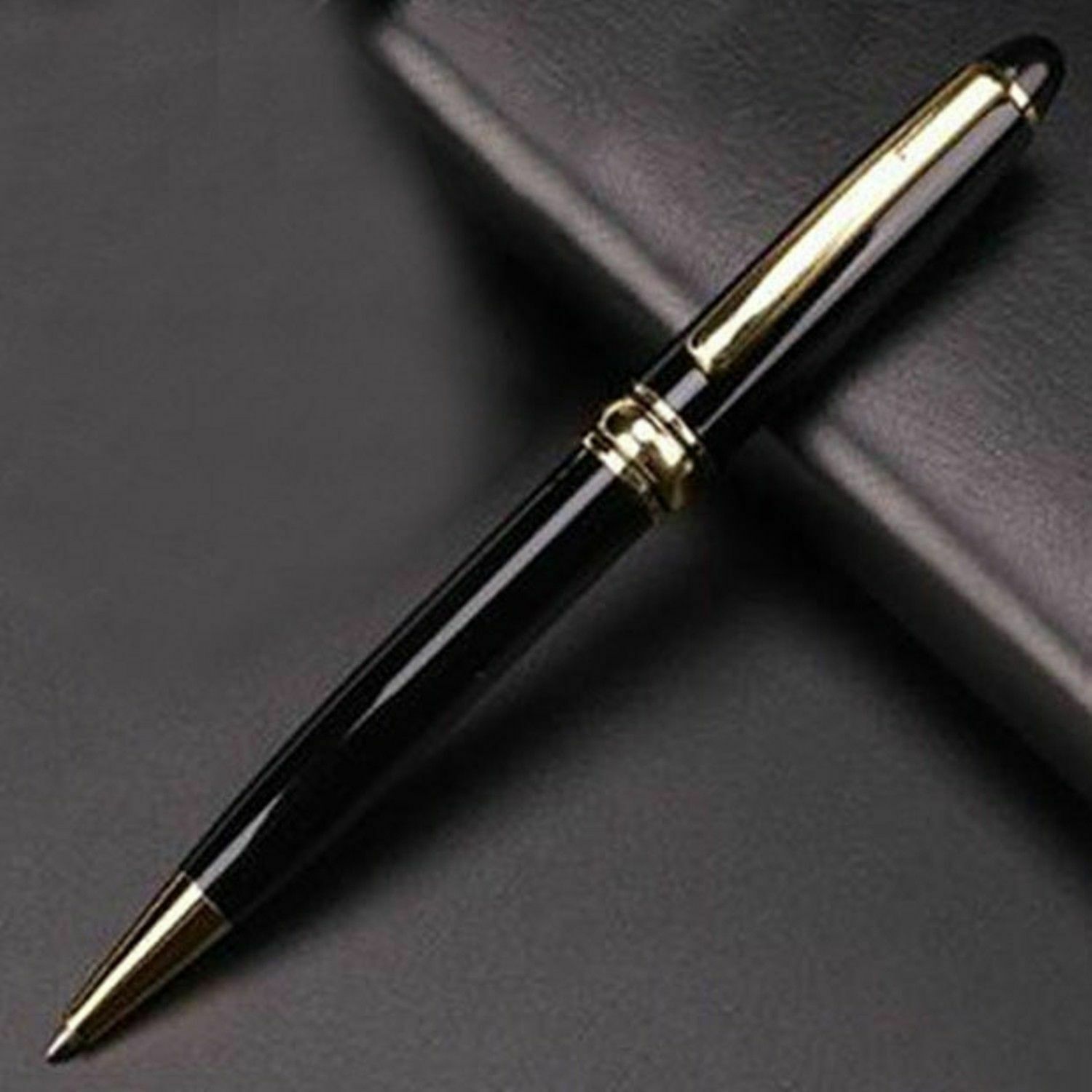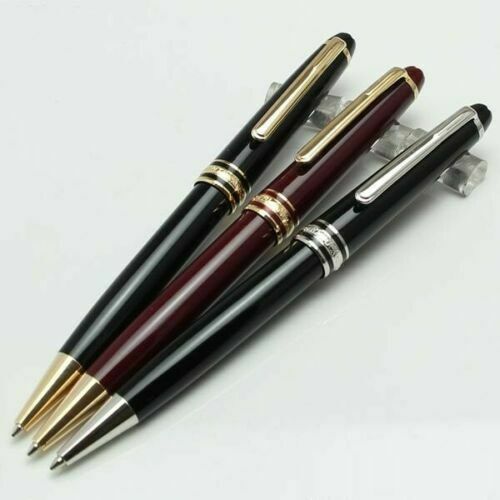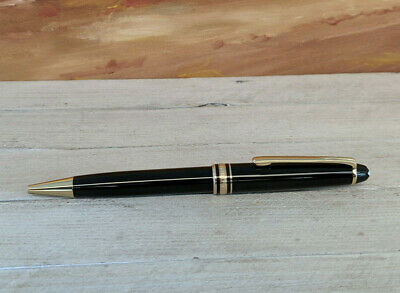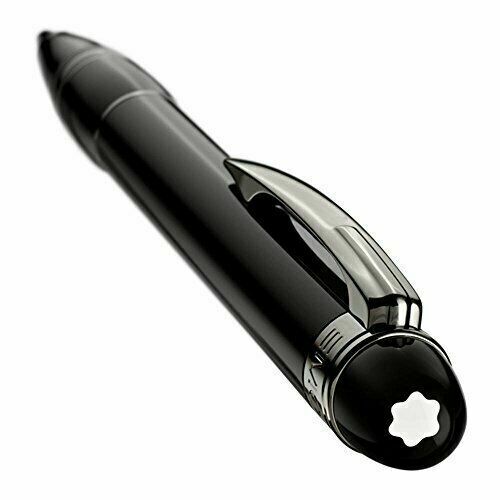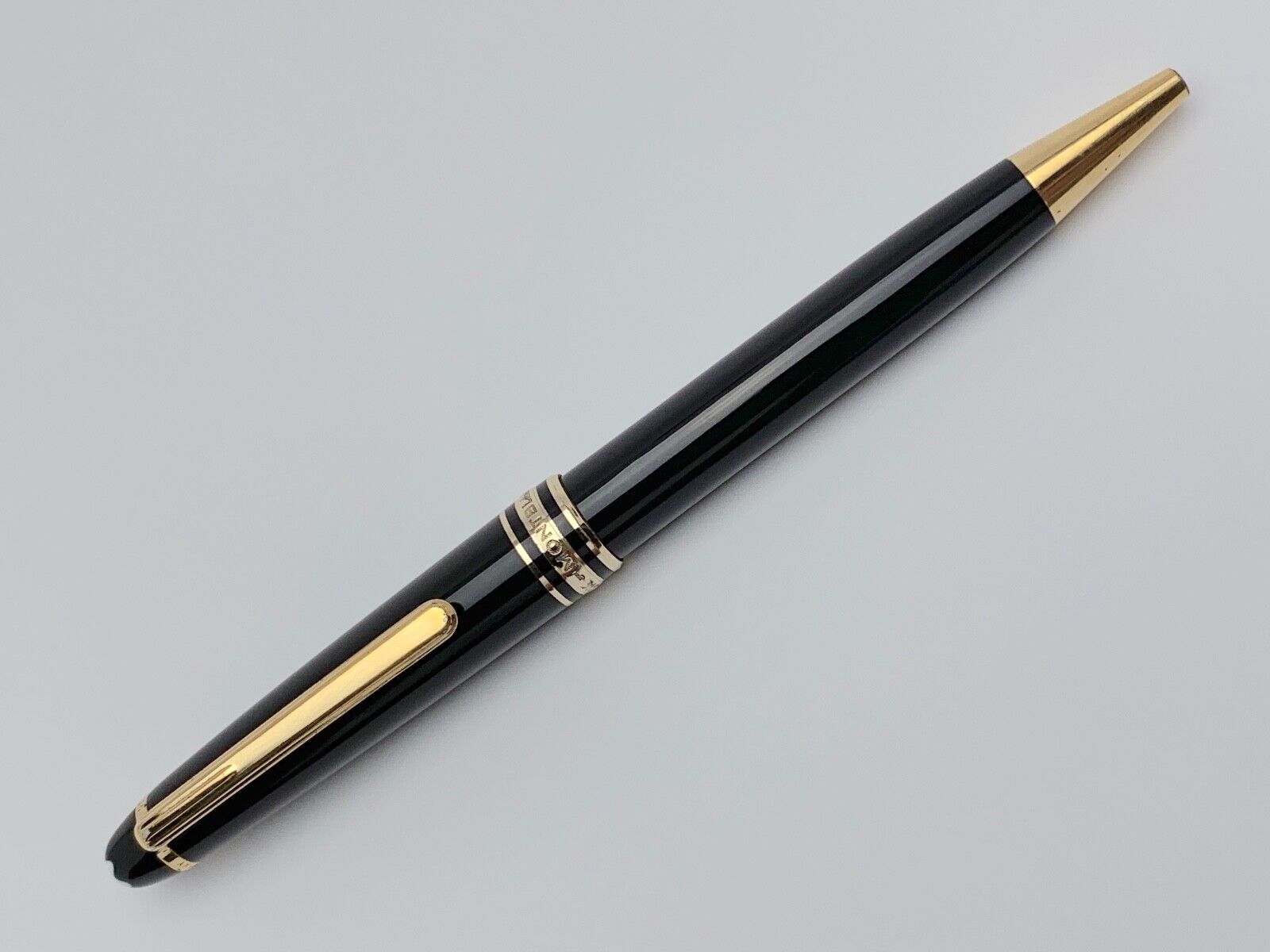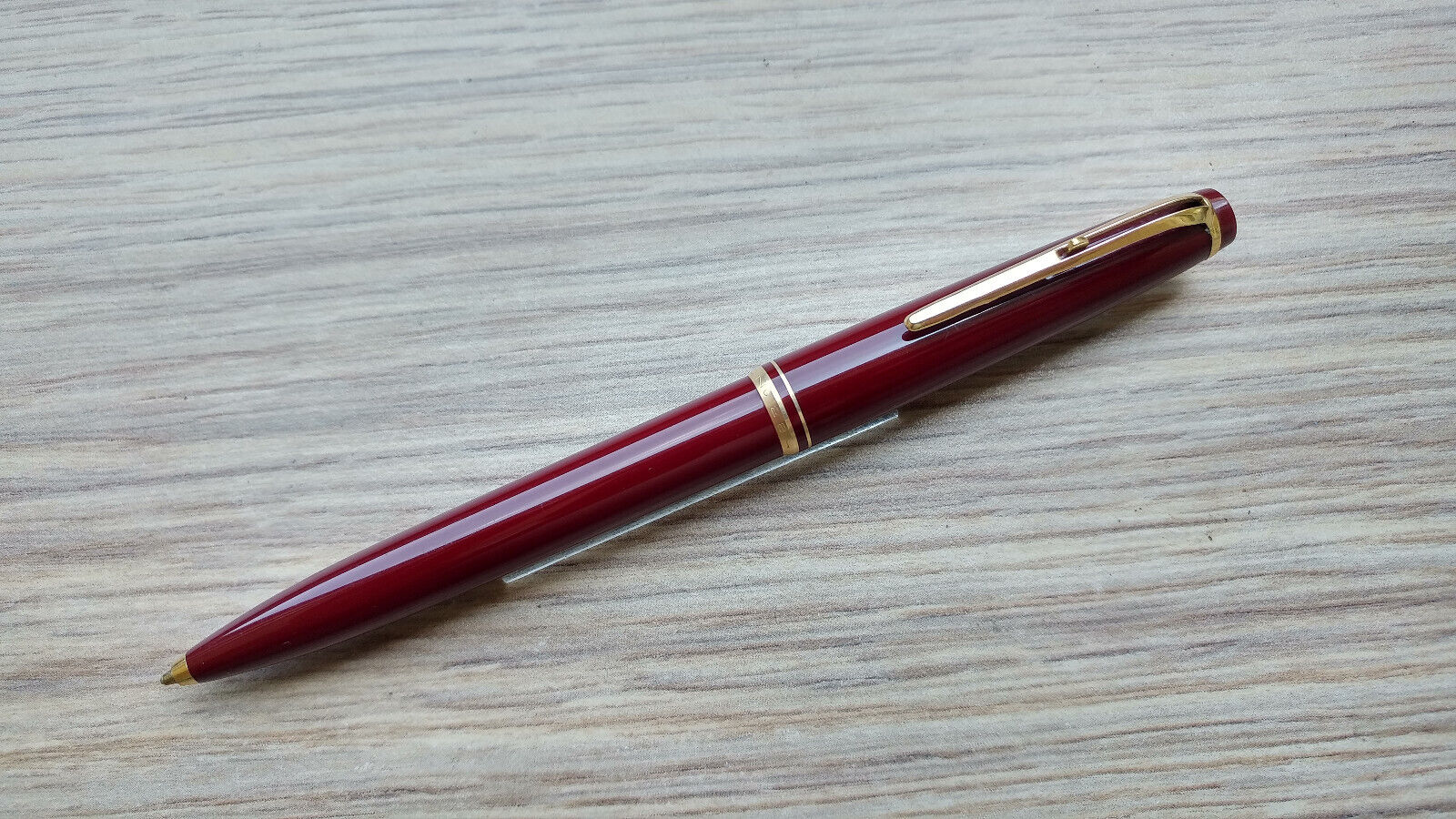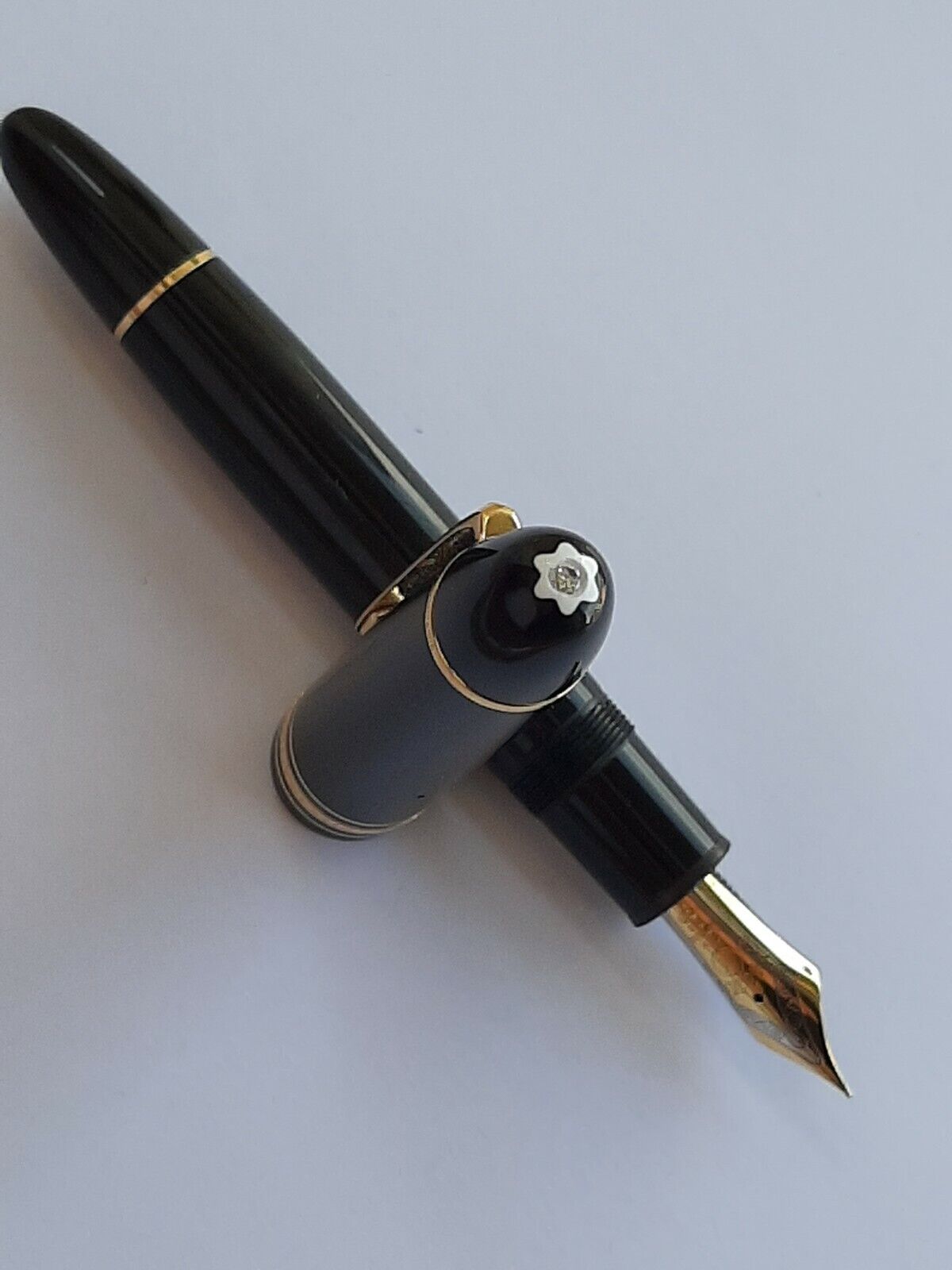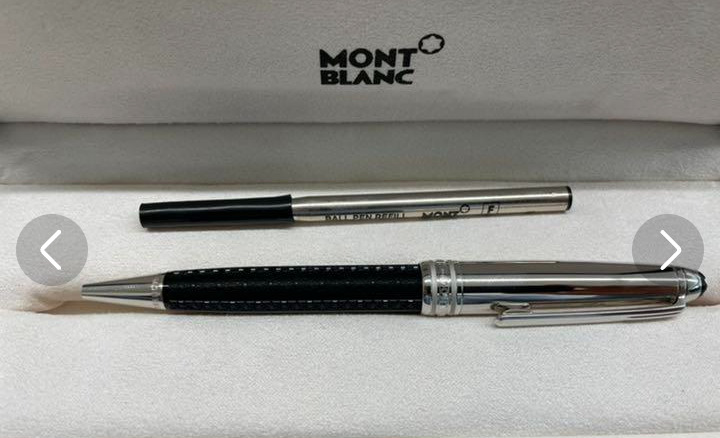-40%
montblanc writers edition ballpoint pen - Antoine de Saint Expery Edition
$ 615.69
- Description
- Size Guide
Description
Montblanc Writers Edition Ballpoint Pen - Antoine de Saint Expery Edition. - Never used/like NewWith the Writers Edition, issued every year since 1992 (Ernest Hemingway) in a limited edition worldwide, Montblanc pays tribute to the greatest icons of literary history.
2017 is the year Montblanc pays homage to Antoine de Saint-Exupéry, the French writer and pioneering aviator.
Saint-Exupéry was a successful commercial pilot before World War II. At the outbreak of war, he joined the French Airforce until France’s armistice with Germany in 1940.
He then joined the Free French Airforce in North Africa. He disappeared on his last mission in July 1944.
He’s the author of The Aviator; Wind, Sand and Stars, and Night Flight. However, he’s best remembered for his novella Le Petit Prince (The Little Prince), which is the most translated novella in the world.
Author of the skies
It was Antoine de Saint-Exupéry who wrote the world’s most read and translated French literary artwork: The Little Prince, published in 1943. His literary breakthrought, however, took place twelve years earlier with Night Flight, which told of his first night-time flights in Argentina. The many details of the Montblanc Writers Edition Antoine de Saint-Exupéry Homage to Night Flight Limited Edition 1931 reflect both his aeroplane, the Caudron C.630 Simoun, and his great passion for aviation.
The cap and the barrel are decorated with Saint Exupery’s self portrait and one of the first sketches he made of The Little Prince.
Pioneer of Aviation
Antoine de Saint-Exupéry is considered to be one of the greatest pioneers of the skies. He was an airmail pilot, test pilot, explorer of new flight routes, record-breaking long-haul pilot and reconnaisance pilot for the Free French Air Forces during the IIWW. Many details of his plane served as inspiration for the design of this Writers Edition, including the engravings on the cap and barrel, which are reminiscent of rivets. The frame surrounding the cockpit window of his Caudron C.630 Simoun inspired the design of the clip, while the cap top and the platinum-coated fittings reflect details of the cockpit itself. The two windows in the cap, modelled on the cockpit windows, reveal the nib within. We can therfore consider this model as a skeleton one.
Philosophy of flying












